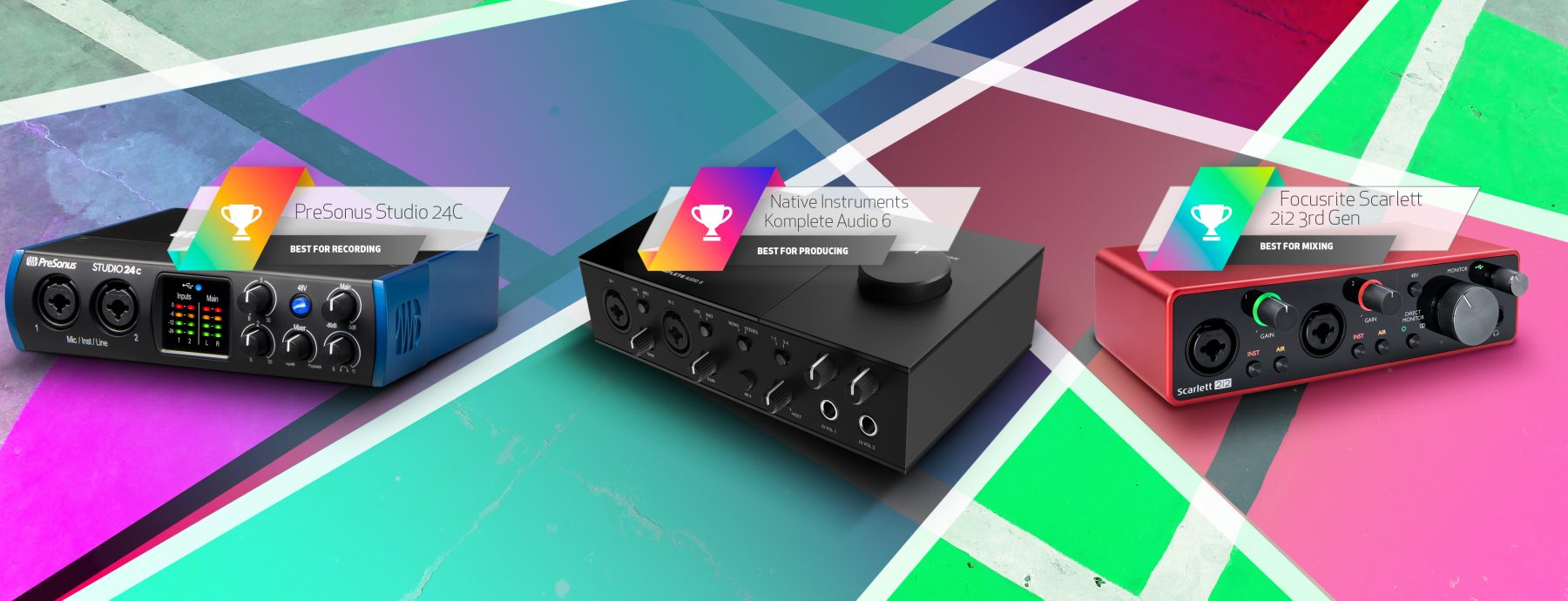
Review: Interface Face-Off
The Presonus Studio 24C, Native Instruments Komplete Audio 6, and Focusrite Scarlett 2i2 may differ in size and I/O, but all are rugged, road-ready and starter-friendly interfaces. Which one best suits you?
The Komplete Audio 6 is a MkII refresh of its years-old namesake. Now a black, minimal slab of glass and aluminium, it’s a stylish looking unit. It has two preamp-equipped combo jacks, two extra TS inputs on the back (CV-ready for use with modular gear), MIDI in/out, as well as two stereo outputs. One standout addition is the recessed USB-B port, making your computer connection rock solid (it takes some effort to get it in and out). A pair of high-power headphone outs are also included, for the odd collab or sharing a production with a mate. There are VUs for all the ins and the main out, and a big fat volume knob on top.
The Presonus box ain’t so pretty, but what it lacks in looks it makes up for in ruggedness. Once again, we get two combo preamp inputs, but no extras out back. It comes with a stereo out, headphone out (on the rear… why?) and MIDI I/O, too. Instead of traditional B, you’ll find slim-line USB Type-C on the back, ideal for versatility, making for easy swap outs if you get caught short (the 24C ships with two USB cables: Type C to C and Type C to A). The front panel knobs feel solid, and make accurate incremental adjustments easy with their weight and resistance.
The evergreen 2i2 from Focusrite is fresh from its 3rd gen makeover, so it now sports reflective glass front and back I/O plates, and shiny, primo-feeling everything. It’s a very nice unit to behold and to operate, netting you the same I/O as the Studio 24C sans MIDI. Its knobs lack markings for gain-matching (like the Presonus), but all have a nice resistant feel for fine adjustments. Focusrite also graces us with USB-C, another welcome addition.
VOCAL SHOOTOUT
Stacked up and ready to record, these three interfaces all deliver a great experience for a first-time user. All are plug ’n’ play, and play nice with a recent Mac. The KA6 and Studio 24C share Input/Host crossfade knobs for direct monitoring, which allowed me to dial in a good mix of click and mic into my ears for a quick vocal take (or five). The Scarlett, however, offers a perfectly acceptable balance with no such tweaking available, only a direct monitoring on/off switch.
Knowing the heritage of the Presonus XMax preamps on the Studio 24C, its time for the ultimate comparison. Who will win: Survivor or Contender? Old Faithful, or Hipster Box? The truth is, I’d be splitting hairs; in my test there was practically no discernible difference. If anything, the Focusrite pres had a little extra HF detail, thanks to their new ‘Air’ control. The minute differences were probably more mic technique etc. so in reality, the audio performance of your preamps will not be a deal breaker or maker in you choice of interface.
Stacked up and ready to record, these three interfaces all deliver a great experience for a first-time user
PreSonus Studio 24C
BEST FOR RECORDING
NEED TO KNOW


BUNDLES OF JOY
All boxes come with comprehensive software bundles — a significant part of the value proposition when looking at an interface in this segment. I put them all to the test on my voice, to determine which would get me the best result.
In the PreSonus corner: iZotope Neutron was first up, which has a reputation as a great sounding intelligent channel strip. Pulling up a Male Vocal preset, I was instantly in the ballpark and after pulling out a little of the saturation and a bit less of the highs, I was happy. Less enamouring was the Lexicon MPX-i reverb, which routinely laid on the reverb with a trowel and needed the Wet signal dialling down to around 10% to be usable. Elsewhere in the supplied suite are the Plugin Alliance-sourced mix tools, with a solid dual-band EQ and transient processor along with the highly capable Brainworx bx_opto.
NI’s box of software tricks aren’t tailored for the home studio vocalist so much as the home studio producer. The Solid Bus Comp is the go-to channel strip which I applied to my vocal. Replika was inspiring, offering a super-wide, dispersed delay with minimal effort. My resulting vocal was cool, but not as practical or polished in the mix as the PreSonus one. As mentioned, this isn’t the KA6’s sweetspot.
My Scarlett vocal chain used the Focusrite Red3 compressor, which happily took a pounding — sounding great as I turned the thumbscrews. Equally pleasing was the Softube TSAR-1R reverb, giving a bright, expansive sound; and Audiority’s Deleight was similarly delightful — a warm and flexible multi-tap delay. The resulting vocal was detailed and present, but I couldn’t get as ‘produced’ a sound as I did with Neutron. That said, the rest of the Scarlett’s Softube bundle scores you a multi-band mastering compressor (tasty) and a Tube Delay as well.
FOOT IN THE DAW
The three interfaces provide different DAW options. Both the KA6 and 2i2 come with Live Lite, which will get you started but you’ll hit your head on the eight-track ceiling pretty quickly, making it more of a marketing taster than a serious DAW option. The 2i2 also throws in Pro Tools First. It’s a free download but remains a capable home studio recorder, with mixing plug-ins, and a maximum of 16 tracks. If compromise isn’t your thing, PreSonus includes its full-fat StudioOne Artist Edition. This software alone is more than capable of producing real music, even an LP or two, and with the rest of software package, it makes for a compelling deal for bands or solo artists looking to record.
Native Instruments Komplete Audio 6
BEST FOR PRODUCING
NEED TO KNOW

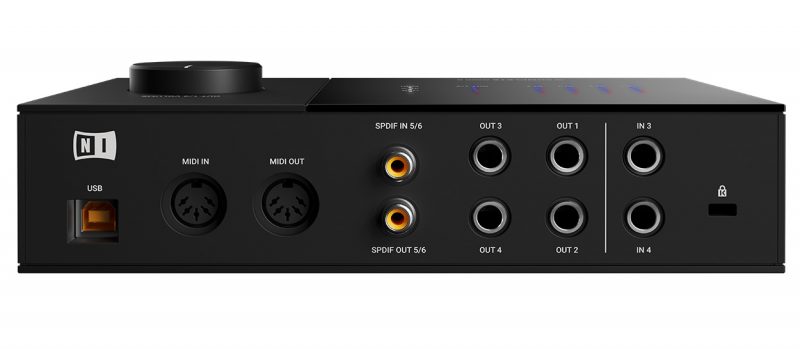
PRODUCER BRO
For the producers and budding banger bros, all three packages include EDM and beatmaker-friendly content. PreSonus’ R&B sample VST is sadly outdated and unattractive, though its virtual hip-hop drummer from uJam sounds great and the Arturia Analog Lab Lite is serviceable, if limited. In contrast, it’s a close call between the KA6 and 2i2 for the dancefloor crown. They often go blow for blow, both offering months of access to subscription-based sound and loop libraries (sounds.com and Splice Sounds respectively), and analogue monosynths in Monark and BassStation. Both the KA6 and 2i2 offer heaps of downloadable content, but NI perhaps provides the knockout blow with Komplete Start, serving up more than you’re getting from Focusrite’s sample libraries. That said, NI doesn’t offer lifetime membership to any of its software. Focusrite’s big draw for established producers and engineers is Plug-In Collective, which regularly (every couple of months) offers members free plug-ins and vouchers from a new partner software company. Plug-In Collective is an enormous value-add: the software tools are always of a high quality, great sounding and useful, and you can score yourself some cracker deals. Meanwhile, KA6’s $40 NI store credit feels a little incipid in comparison.
The truth is, I’d be splitting hairs; in my test there was practically no discernible difference.
Focusrite Scarlett 2i2 3rd Gen
BEST FOR MIXING
NEED TO KNOW


PRODUCER BRO
For the producers and budding banger bros, all three packages include EDM and beatmaker-friendly content. PreSonus’ R&B sample VST is sadly outdated and unattractive, though its virtual hip-hop drummer from uJam sounds great and the Arturia Analog Lab Lite is serviceable, if limited. In contrast, it’s a close call between the KA6 and 2i2 for the dancefloor crown. They often go blow for blow, both offering months of access to subscription-based sound and loop libraries (sounds.com and Splice Sounds respectively), and analogue monosynths in Monark and BassStation. Both the KA6 and 2i2 offer heaps of downloadable content, but NI perhaps provides the knockout blow with Komplete Start, serving up more than you’re getting from Focusrite’s sample libraries. That said, NI doesn’t offer lifetime membership to any of its software. Focusrite’s big draw for established producers and engineers is Plug-In Collective, which regularly (every couple of months) offers members free plug-ins and vouchers from a new partner software company. Plug-In Collective is an enormous value-add: the software tools are always of a high quality, great sounding and useful, and you can score yourself some cracker deals. Meanwhile, KA6’s $40 NI store credit feels a little incipid in comparison.
TIME TO SPLIT HAIRS
To differentiate the hardware in this mid-tier interface segment is tough — you may prefer the sleek good looks of KA6 and the fact you’re plumbed into the NI software paradigm might make the decision easy. It’s also a no-brainer for people producing in Ableton who need some I/O to hook up a guitar, pedal or a synth module. Similarly, KA6 will be a go-to for Ableton Live producers taking their work to the stage, acting as a hub for vocals, FOH and monitor outs.
Focusrite’s Scarlett 2i2 is the most popular interface going, and its 3rd gen refresh won’t do it any harm. Hardware-wise, it lacks the KA6’s flexibility, but goes blow for blow in the software fight. Bring your own DAW, and this is a great interface offering the pick of the plug-ins in this battle.
For me, the real surprise here is the Presonus offering. Its onboard software is of monstrous value, and stands out as offering a truly complete package for the budding muso in need of a DAW and the production tools to get live tracks into their computer. Ponying up to the Studio 68C would get you similar I/O to the KA6, and provide everything needed to record a small band or even to do some drum tracking. A guitar-toting singer/songwriter will benefit best from the Studio 24C, especially with some mates to record overdubs.








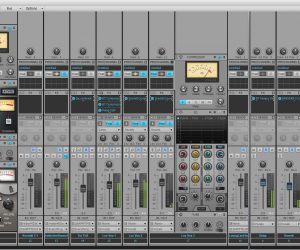
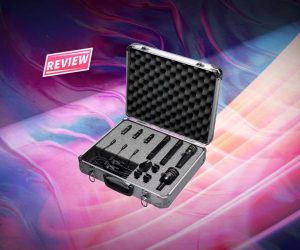
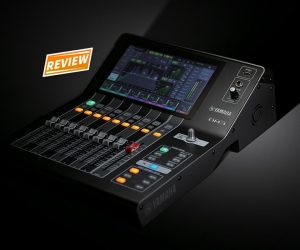






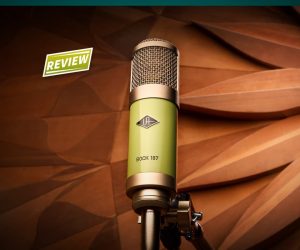

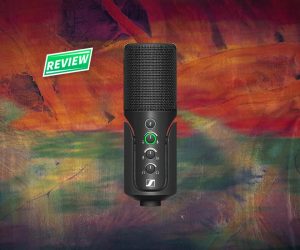


good